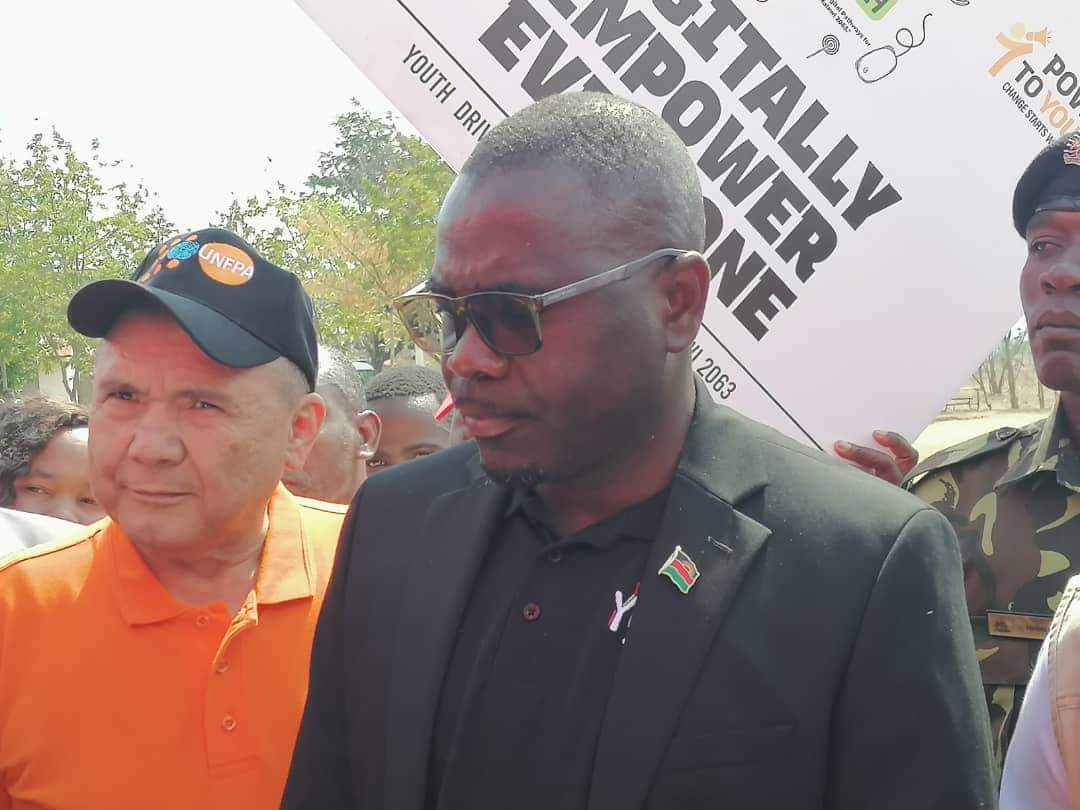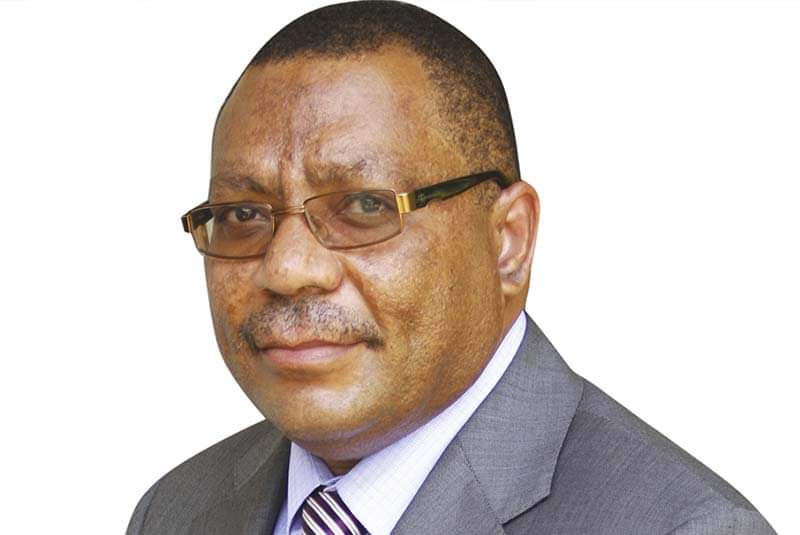By Burnett Munthali
Allegations that some election results may have been manipulated have ignited public debate across Malawi.
Observers and citizens on platforms such as Timveni have voiced concerns about possible irregularities in the counting and reporting of votes.
These concerns highlight the critical role that ordinary citizens play in monitoring electoral processes, ensuring that the integrity of democracy is preserved.
The rallying call to “let the pen stand” symbolizes a collective commitment to uphold the will of the people and to guarantee that every vote is counted accurately.
Supporters emphasize that election outcomes must reflect the genuine choices of citizens, not the influence of manipulation or pressure.
In parallel, technological systems, often referred to as “the machines,” are being used to tally votes electronically, providing verifiable data that can confirm voter intent.
Electronic results, when properly monitored and audited, serve as an important tool to detect inconsistencies, prevent fraud, and enhance confidence in the process.
However, technology alone is not enough; citizen vigilance remains indispensable. Political parties, civil society organizations, and ordinary voters must remain actively engaged in observing the process, reporting anomalies, and demanding transparency.
Public trust in elections is built on both the accuracy of the results and the perception that the process is fair and accountable.
The combination of independent observation, media scrutiny, and technological verification creates a robust framework for credible elections.
Malawi can draw lessons from other democracies where citizen oversight and real-time electronic reporting have strengthened electoral integrity. For instance, in Kenya, observers and media monitored electronic tallies during the 2017 elections, helping to confirm results while exposing irregularities.
Similarly, in South Africa, independent election monitors are embedded in polling stations to verify both paper ballots and electronic data, ensuring that discrepancies are identified and addressed immediately.
To safeguard elections against manipulation, Malawi should continue to invest in transparent reporting mechanisms, secure electronic systems, and extensive observer networks.
Training for electoral officials on both technology and legal procedures can further reduce errors and enhance credibility.
Moreover, clear public communication about how votes are counted, verified, and reported will reduce misinformation and speculation that can erode trust.
Ultimately, democracy thrives when citizens are vigilant, institutions are transparent, and technological systems are trustworthy.
Malawi’s elections can become stronger and more credible when the people, the media, and the authorities work together to protect the integrity of every vote.
The message is clear: defending the vote requires active participation, independent verification, and a collective commitment to uphold the voice of the people.
Practical measures to safeguard Malawi’s Elections
To strengthen electoral integrity, Malawi can adopt a range of practical measures that combine technology, citizen oversight, and institutional transparency.
- Real-Time Result Portals: Polling stations should upload verified vote tallies to a central, publicly accessible portal in real time. This allows citizens, political parties, and media to track the progress of counting and reduces opportunities for manipulation.
- Electronic Audits: Implementing systematic audits of electronic voting and tallying systems ensures that machine-reported results match the original ballots. Random sampling and cross-verification can identify discrepancies early and build public confidence.
- Comprehensive Observer Networks: Expand the deployment of trained domestic and international observers at polling stations. Observers should be empowered to monitor both manual counting and electronic systems, report irregularities, and confirm adherence to procedures.
- Transparent Communication: The Malawi Electoral Commission (MEC) should maintain clear and consistent communication with the public. Regular updates, explanations of delays, and transparency about dispute resolution reinforce trust in the process.
- Training for Electoral Officials: Continuous training in both technological systems and electoral law is essential. Officials who are proficient in handling electronic tallies and understanding legal frameworks are less likely to make errors that could cast doubt on results.
- Rapid Response to Complaints: Establishing a fast-track mechanism for addressing discrepancies or complaints can prevent tensions from escalating and reassure citizens that concerns are being taken seriously.
- Civic Education Campaigns: Educating voters on how votes are counted, how results are verified, and how to access official information can reduce misinformation and empower citizens to participate actively in safeguarding elections.
- Secure Data Management: All electronic and paper-based results must be securely stored and backed up, with access limited to authorized personnel. This prevents tampering and ensures that results can be verified in case of disputes.
By adopting these measures, Malawi can create an electoral ecosystem that is resilient, transparent, and credible. Citizens, political parties, and institutions all play complementary roles in ensuring that every vote counts and that democratic outcomes are respected.
Global lessons: Transparency and credible elections in practice
Countries around the world provide valuable examples of how transparency, real-time reporting, and judicial oversight can safeguard electoral integrity.
In the United States, each state conducts its own elections independently, but polling stations report results in real time to media and central authorities. This enables running totals to be displayed publicly and allows projections of winners based on verified data. The transparency of this process builds trust and ensures that any irregularities are quickly detected and addressed.
In Kenya, the 2017 elections demonstrated how electronic tallying systems and active observation by media and independent monitors can reinforce credibility. The Supreme Court also played a critical role in adjudicating disputes, publishing detailed reasoning that the public could access, which enhanced confidence in the judicial oversight of the electoral process.
Similarly, South Africa relies on its Electoral Court to handle disputes, while independent observers monitor both paper ballots and electronic results at polling stations. Public reporting of court proceedings and transparent verification procedures ensure that citizens understand the rationale behind electoral decisions, reducing speculation and mistrust.
These examples highlight three key lessons for Malawi:
Firstly, real-time, publicly accessible results build confidence and reduce opportunities for manipulation.
Secondly, independent observation and verification — both domestic and international — provide a check against errors or fraud.
Thirdly, transparent judicial oversight ensures that disputes are resolved according to law, reinforcing trust in both elections and institutions.
By learning from these models, Malawi can adopt systems and practices that combine technological verification, citizen vigilance, and legal safeguards to ensure that future elections are transparent, credible, and trusted by all stakeholders.




